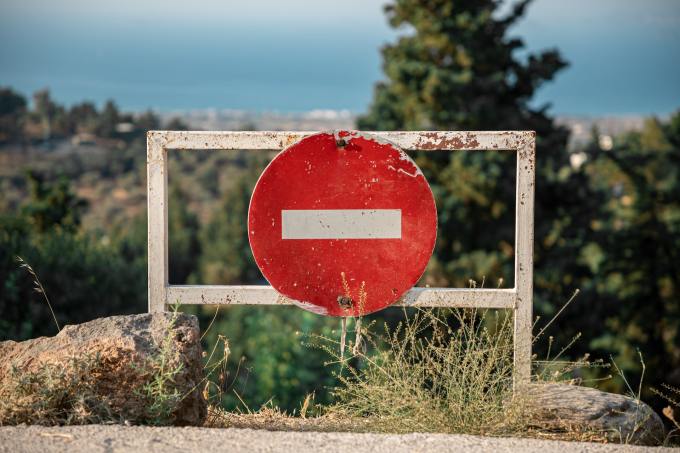It’s okay to stop doing things

One important rule in running a project that people depend on is: don’t start something you’re not willing to keep doing indefinitely. Another important rule is: it’s okay to stop doing things. These two rules are seemingly at odds with each other, but together they form a key principle: reliably do what makes sense to do.
The reason you shouldn’t start doing something that you’re not willing (or able) to continue doing is that people will start to rely on it. If you start doing things and then stop them after a time or two, you’ll lose credibility. This harms your project’s reputation over the long run, and it can be hard to regain that lost trust. Your processes and practices must be sustainable.
On the other hand, there is no virtue in continuing to do things that aren’t valuable. When conditions change — because of contributor availability, technology evolution, etc — what used to be a good use of time may not be any longer. Contributor time is the most valuable resource a project has, so if it’s not a good use of time, stop doing it.
Recent departures from the Red Hat team that does Fedora QA have prompted the team to reevaluate some of the work they do. Fedora is a project with a long and mature history, so it has built up a lot of cruft over the decades. Some of that is in the form of the release criteria. (Chapter 11 of Program Management for Open Source Projects goes into depth on how to manage your project’s release criteria.) Booting from optical media (CD or DVD) used to be a critical function of the installer, so it made sense to block the release if that didn’t work. These days, a lot of hardware doesn’t include an optical drive; the hardware that does almost always supports booting from USB or network (e.g. PXE), so optical boot may not be worth blocking for. This reduces the testing load.
When you think it’s time to stop doing something that you had been doing, the first step is understanding what you want to stop doing. Do the conditions that lead you to start still exist? Do you have the time and resources you need to continue? Are there other things that are more valuable that you can do instead? With your answers to those questions, you can work out a final answer with the rest of the community. If you decide to stop doing something, make sure it’s communicated to the people who need to know. If it involves something no longer working, try to give as long of an off-ramp as you can reasonably provide.






